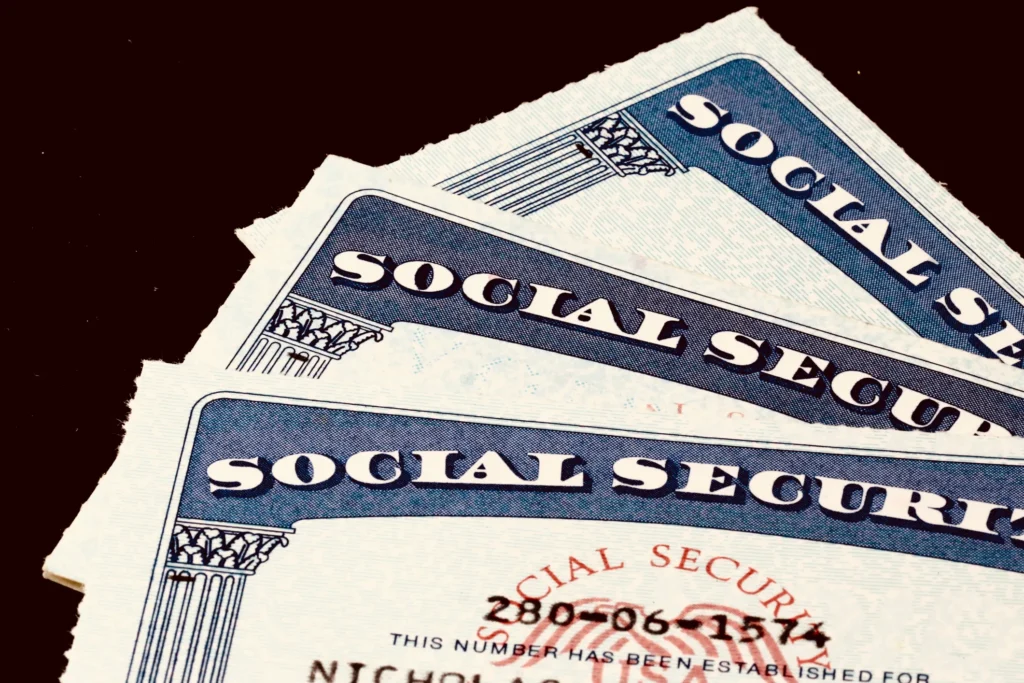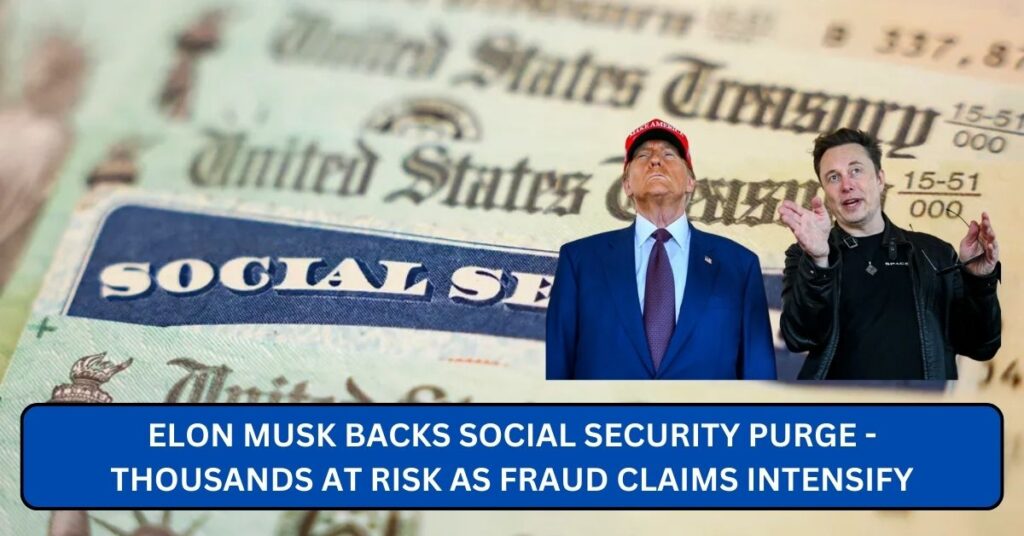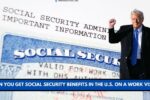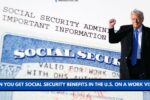The Social Security Administration (SSA) is considering suspending payments to more than 170,000 beneficiaries who lack a Social Security Number (SSN). This move is part of a broader initiative led by President Donald Trump’s administration, with billionaire Elon Musk spearheading efforts to combat fraud within government assistance programs.
Why Is the SSA Cutting Payments?
The SSA has traditionally allowed individuals without SSNs to act as “representative payees,” managing benefits for recipients such as minors, disabled individuals, and the elderly. However, under proposed new regulations, payments would no longer be disbursed to beneficiaries who do not have a registered SSN.
The agency argues that this measure is necessary to eliminate fraudulent claims and improve the integrity of the program. According to government officials, the change is intended to prevent unauthorized individuals from misusing Social Security funds. (Source: SSA Official Website)

Elon Musk’s Role in the Investigation
Elon Musk, who was appointed by President Trump to lead the newly established Department of Government Efficiency (DOGE), has been vocal about tackling fraud in entitlement programs. He has claimed that eliminating improper payments could save billions of dollars annually.
Musk’s team has reportedly uncovered discrepancies within SSA’s payment database, particularly involving deceased beneficiaries and individuals over 100 years old who remain listed in the system. While these findings have fueled concerns about fraudulent claims, experts caution that outdated record-keeping, rather than widespread fraud, may be to blame.
Who Will Be Affected?
The new rule will primarily impact:
- Representative payees who do not have SSNs but manage benefits for others.
- Non-citizens who receive benefits through special exemptions.
- Individuals with outdated records in the SSA database.
While the government insists that legitimate recipients will not be affected, advocacy groups warn that the policy could create unnecessary hardships for vulnerable populations. Many legal payees, such as caregivers and guardians, may be unable to obtain SSNs due to bureaucratic barriers. (Source: National Academy of Social Insurance)
Criticism and Concerns
The SSA’s proposal has sparked significant controversy among lawmakers and advocacy organizations. Critics argue that the policy could lead to wrongful terminations of benefits, disproportionately impacting low-income and disabled individuals who rely on Social Security for survival.
- Legal Experts Say Policy May Violate Rights: Civil rights groups claim the SSA’s move could violate federal laws protecting recipients’ rights, particularly for non-citizens and vulnerable groups.
- Questionable Fraud Statistics: While Musk has asserted that “millions of deceased individuals” are still receiving benefits, SSA officials have refuted these claims, stating that data discrepancies are often the result of system inefficiencies rather than fraud. (Source: The Guardian)
- Possible Lawsuits: Some advocacy groups have hinted at potential legal action to block the policy from being implemented.
Government Response
The Trump administration has defended the proposal, arguing that it aligns with broader efforts to eliminate wasteful spending and protect taxpayer funds. President Trump has assured the public that legitimate Social Security beneficiaries will continue receiving their payments without interruption. (Source: White House)
Meanwhile, the SSA has urged affected individuals to verify their records and apply for SSNs if eligible to avoid disruptions in payments.

What’s Next?
As the SSA finalizes its decision, beneficiaries and advocacy groups are closely monitoring the developments. If the new rules are implemented, recipients without SSNs may need to take immediate action to secure their benefits. Legal challenges and congressional hearings are also expected in the coming months.
For those potentially affected, checking Social Security records and contacting SSA offices is advised.
Conclusion
The SSA’s proposed policy to halt payments to over 170,000 individuals without SSNs marks a significant shift in Social Security management. While the government claims it is an essential step in tackling fraud, critics warn of unintended consequences for legitimate beneficiaries. As debate continues, the outcome of this policy change could have lasting implications for the future of Social Security in the U.S.
This article has been carefully fact-checked by our editorial team to ensure accuracy and eliminate any misleading information. We are committed to maintaining the highest standards of integrity in our content.



